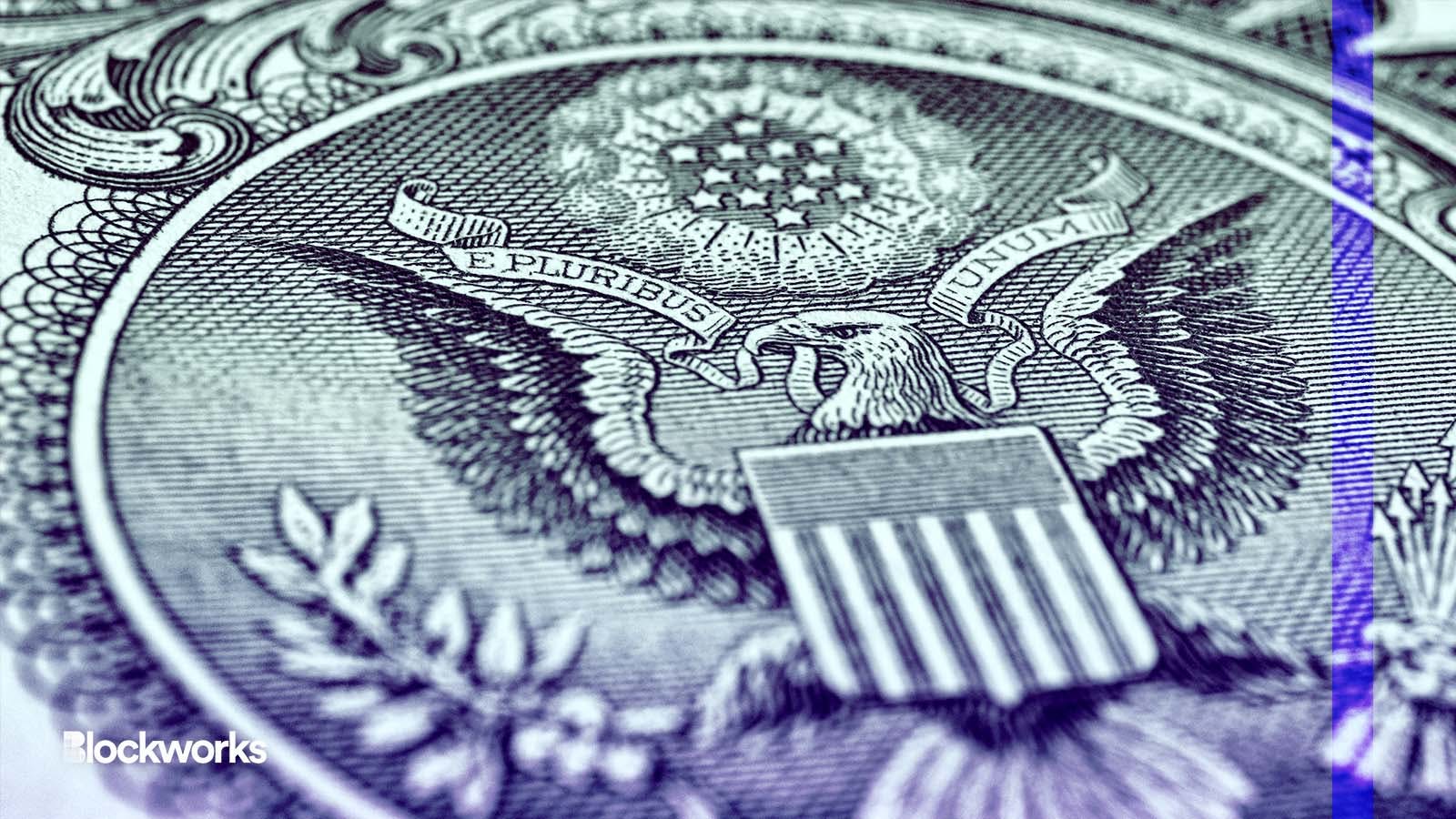Looming Tax Deadline Has Businesses, Investors Scrambling To Get Returns in Order
Investors and businesses may be transacting across various centralized and decentralized exchanges, neither of which currently have any 1099 form requirements

Deacons docs/Shutterstock.com modified by Blockworks
As the deadline approaches for US tax filers, crypto accounting firms continue to advise clients to get their ducks in a row on the earlier side.
At the center of most crypto tax reporting woes is an inadequate data tracking system, accountants say.
“Just like a business starts with transaction data to compile financial statements, a similar approach is taken to compile the overall economic impact of your crypto transactions,” CPAs Ryan Aussi and Nik Fahrer from advisory firm FORVIS said in a recent report. “All of the data for on-chain transactions is accessible on a public ledger (aka the blockchain). Understanding and deciphering that data can be difficult if you are not trained in how to read blockchain explorers.”
Investors and businesses may be transacting across various centralized and decentralized exchanges, neither of which currently have any 1099 form requirements — making it difficult to calculate total loss, gain and income.
“Complexity with tracking tax basis and proceeds arises when taxpayers transact on-chain because the blockchain, in its simplest form, is open-source code that does not act as a custodian,” the report said. “There is currently no way a summarized report like a 1099-B can easily and accurately report a taxpayer’s basis and proceeds.”
With 2022’s deadline coming up next month, regulators have released their highly anticipated proposals for 2024’s fiscal year. Among the suggestions: The Treasury is calling for a major increase in taxes related to crypto mining.
“Any firm using computing resources, whether owned by the firm or leased from others, to mine digital assets would be subject to an excise tax equal to 30 percent of the costs of electricity used in digital asset mining,” the proposal stated.
The Treasury also suggests making traditional regulations associated with equities and wash trading also applicable to crypto. Estimates say the complete list of proposals related to crypto taxing could earn the department an additional $24 billion in 2024.
As for this tax season, there are a few changes traders should keep on their radar, Erin Fennimore, head of tax and information reporting at TaxBit, said.
The Infrastructure Investment and Jobs Act (IIJA), passed in November 2021, requires the IRS to define what entities ought to be categorized as a “cryptocurrency broker.”
As the law stands, crypto miners and transaction validators could potentially be considered brokers, but some cases are more black and white than others, according to Fennimore.
“There’s some situations that I think it’s very clear…centralized exchanges are brokers, that is very clear, in my opinion,” Fennimore said. “If it’s very clear, then you should start preparing now.”
Get the news in your inbox. Explore Blockworks newsletters:
- The Breakdown: Decoding crypto and the markets. Daily.
- 0xResearch: Alpha in your inbox. Think like an analyst.






